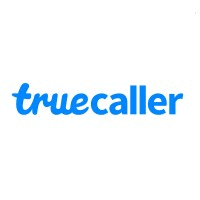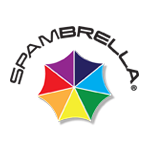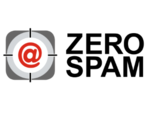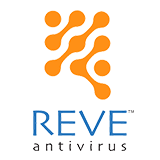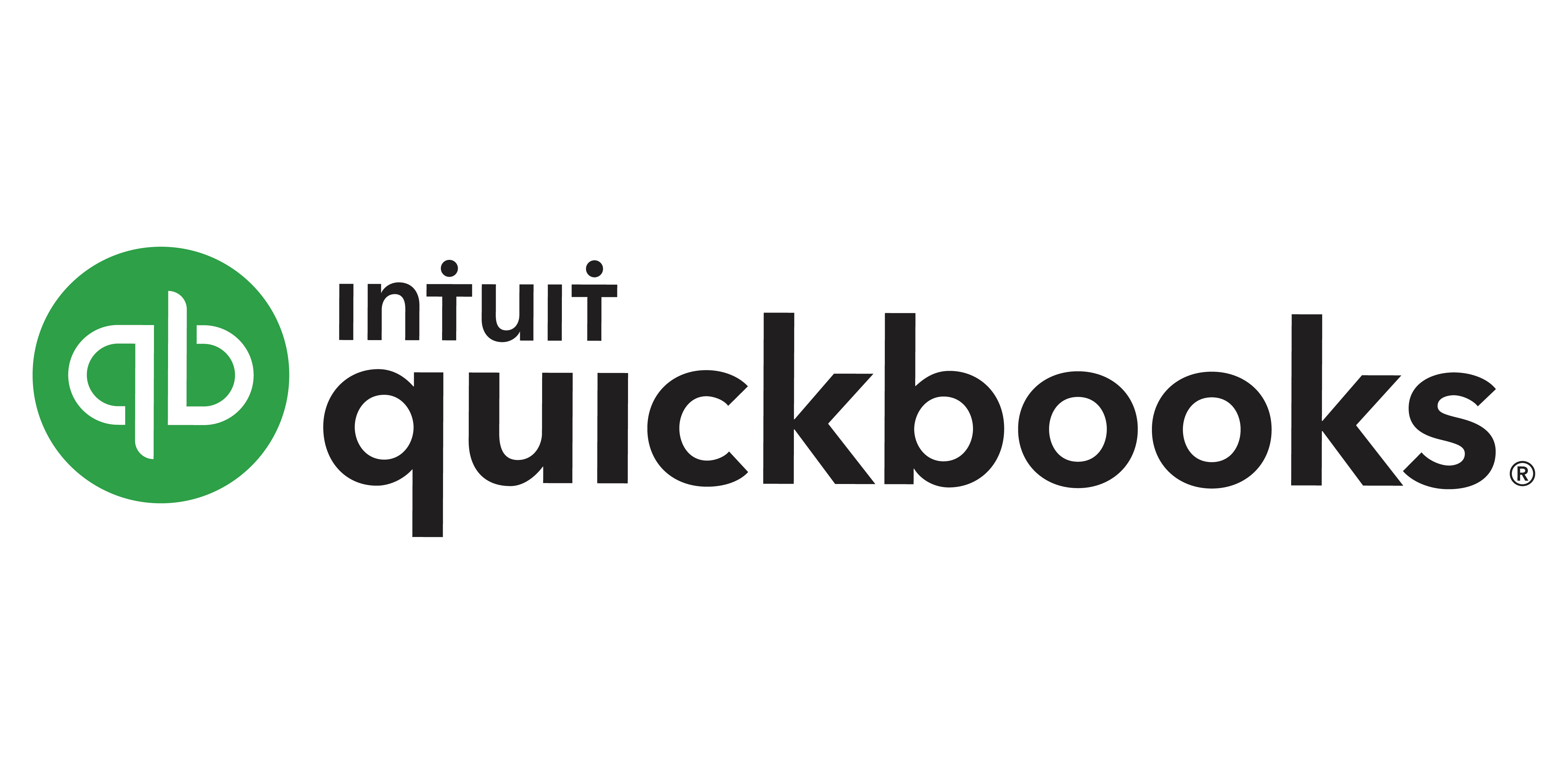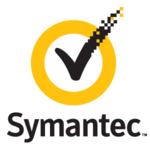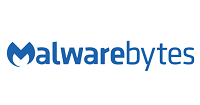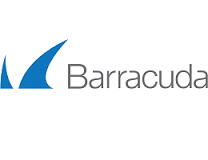What Is Anti Spam Software?
Anti Spam Software is a strong tool that protects users against unsolicited and potentially hazardous emails. It works as a filter, detecting and blocking questionable or unwanted communications before they reach your inbox. With a rising number of spam emails being sent each day, anti-spam software has become essential for both consumers and organizations.
So, how does Anti-Spam software work? For starters, it employs sophisticated algorithms and approaches to detect spam emails based on a variety of characteristics such as the sender's address, email content, and attachments. It also uses the recipient's behavior and preferences to tailor the filtering process. This guarantees that valid emails are not accidentally banned as well.
One important element of anti-spam software is its capacity to adapt and learn. Its ability to identify spam may be improved by continually analyzing and categorizing emails. This means that as you use it more, it will grow more effective at keeping your inbox clean and safe. Anti-spam software not only filters out unwelcome emails, but it also offers other important capabilities.
It can remove or quarantine spam emails automatically, saving you the time and effort of manually combing through your inbox. It may also put a sender to a blacklist or whitelist, providing you greater control over the sorts of emails you receive. Another essential consideration when selecting anti-spam software is interoperability with multiple devices and email platforms.
Most credible anti-spam software is compatible with common email programs including Microsoft Outlook, Gmail, and Yahoo. This guarantees that your email protection is consistent across devices and accounts. Investing in reputable anti-spam software not only saves you the trouble of sifting through unsolicited emails, but it also protects you from any cyber attacks. Spam emails sometimes include harmful attachments or links, which might jeopardize your computer's security. Anti-spam software can help you keep these risks out of your system.
What Are the Recent Trends in Anti Spam Software?
In recent years, email has become an essential tool for personal and professional communication. However, with the development of cyber risks, email spam has become a big issue for consumers. This has increased the need for anti-spam software, which helps to filter out unwanted and potentially hazardous emails. Recent advancements in anti-spam software have centered on using sophisticated technology to enable more efficient and accurate spam filtering.
One significant development is the use of machine learning and artificial intelligence algorithms to analyze and comprehend the content and patterns of spam emails. This allows the program to continually learn and adapt to new spam strategies, resulting in fewer false positives and more sophisticated spam emails. Another development in anti-spam software is the use of cloud-based resources.
This enables faster and more thorough software upgrades while also offering improved protection against emerging spam threats. Cloud-based systems also provide real-time scanning, which ensures that new spam emails are detected and removed as soon as possible. In addition, anti-spam software is becoming more user-friendly, with more customizable possibilities.
Many software now includes capabilities that allow users to construct their own whitelists and blacklists, as well as configure custom filters based on certain keywords or sender addresses. This allows users to have greater control over their email inboxes and efficiently prevent unwanted emails. Another emerging trend is the combination of anti-spam software with other security solutions like antivirus and firewalls.
This delivers a complete security solution that protects against several types of cyber attacks in one bundle. Furthermore, many anti-spam software providers now provide their products as a service, sometimes known as Software as a Service (SaaS). This implies that users may access and utilize the program over the internet, eliminating the requirement for installation or maintenance on their own devices.
This has made anti-spam software more accessible and useful to users. In summary, current advancements in anti-spam software focus on sophisticated technology, more user-friendly interfaces and customization possibilities, interaction with other security products, and SaaS choices. Understanding these patterns will help consumers make an educated selection when selecting the best anti-spam software for their needs.
Benefits of Using Anti Spam Software
Anti-spam software is becoming increasingly important in today's digital world, as the number of spam emails continues to grow. Spam emails, which range from unpleasant promotional messages to harmful phishing efforts, not only clog your mailbox but also constitute a significant threat to your online security. This is where anti-spam software comes in, providing superior protection and screening for unwanted and hazardous communications.
One of the primary advantages of employing anti-spam software is its potential to save time and boost productivity. Spam emails are automatically screened and routed to a dedicated spam folder, so users no longer have to manually sort through a flood of unwanted communications. This enables improved time management and attention on key activities, resulting in higher productivity.
Furthermore, anti-spam software improves device security and protects important information. Spammers' strategies have evolved as technology has advanced, making it harder to distinguish between legal and malicious emails. Anti-spam software detects and blocks these sorts of emails using complex algorithms and artificial intelligence, protecting your personal and financial information from being compromised.
In addition to security, adopting anti-spam software can result in cost savings. By automatically screening spam emails, consumers are less likely to click on harmful links or disclose personal information, potentially saving them from phishing schemes and financial losses. Furthermore, anti-spam software provides customized filtering options, allowing customers to tailor their spam protection to their specific needs.
This means that vital emails from recognized senders can still reach your inbox, but questionable or unknown emails are instantly banned. This degree of customisation guarantees that critical communications are not overlooked while keeping your inbox clean. Finally, anti-spam software helps to preserve a professional image by lowering the likelihood of sending or receiving spam emails.
This is especially useful for organizations, since it avoids the embarrassment of getting spam emails in front of clients or sending important information to the wrong recipient. To summarize, anti-spam software has several advantages, including time and productivity savings, improved security, cost savings, configurable screening, and preserving a professional image.
With the growing threat of spam emails, investing in reputable anti-spam software is a good move for both personal and commercial users. With so many alternatives available on the market, it is critical to thoroughly assess your demands and select software that provides the best value and security for your individual requirements.
Important Factors to Consider While Purchasing Anti Spam Software?
When it comes to choosing anti-spam software, there are a few crucial elements to consider so that you can make an informed selection and select the best option for your needs.
Here are some crucial considerations to consider while purchasing for anti-spam software:
1. Effectiveness: The basic goal of anti-spam software is to prevent unwanted and unsolicited emails from reaching your mailbox. The most crucial thing to examine is the software's ability to recognize and filter spam emails. Look for software that has a high success rate in detecting and blocking spam.
2. User-friendly interface: Anti-spam software can be complicated, with several functions and options. Look for software with a basic and user-friendly interface that allows you to easily explore and modify to your needs.
3. Compatibility: Ensure that the anti-spam software you select is compatible with your operating system and email client. Some applications may only operate with certain email systems, so check compatibility before making a purchase.
4. Filtering options: Various forms of spam necessitate different filtering methods. Look for anti-spam software that provides a range of filtering options, including blacklists, whitelists, configurable filters, and sender reputation assessments.
5. Real-time protection: Spam filters that provide real-time protection are better at detecting and preventing freshly emerging spam threats. This eliminates the need to manually update your software on a regular basis.
6. Reputation management: Some anti-spam software includes sender reputation management, which monitors the reputations of email sources and detects possible spam senders. This can assist to keep spam from reaching your inbox in the first place.
7. Customer support: If you have any problems with your anti-spam software, competent customer service may be quite helpful. Look for software that provides dependable and accessible customer service, whether by phone, email, or chat.
8. Cost: Anti-spam software can range from free to expensive, based on the capabilities and security levels provided. Consider your budget and compare numerous choices to obtain the best mix of price and features. Keeping these criteria in mind allows you to make an informed selection when selecting anti-spam software. Remember to read reviews and compare goods to get the best option for your individual requirements. Investing in high-quality anti-spam software can help you save time and irritation by keeping your inbox free of spam.
What Are the Key Features to Look for in Anti Spam Software?
When looking for good anti-spam software, a few crucial qualities should be prioritized. These capabilities are critical in protecting your email accounts and systems against spam, phishing attacks, and other dangerous threats.
Here are some crucial things to look for when choosing anti-spam software.
1. Advanced Filtering Capabilities: The first and most crucial characteristic to look for in anti-spam software is filtering capabilities. Look for software that employs modern techniques like artificial intelligence and machine learning to screen spam emails. This ensures that the program can respond to changing spam trends and detect even the most sophisticated spam campaigns.
2. Multiple Layer Protection: Multi-layer protection is an important characteristic to look for. This implies that the program detects and blocks spam using a range of ways, such as email reputation checks, content analysis, and sender verification. The more levels of security the program has, the more successful it is at stopping spam.
3. Real-time Updates: Spam trends and strategies are continuously changing, therefore it's critical to select software that offers real-time updates. This implies that the software is constantly updated with new algorithms and datasets in order to keep ahead of developing spam threats.
4. Customization Options: Because each organization's spam filtering requirements vary, it is critical to select software that allows for customization. Look for spam filtering software that allows you to configure your own rules and preferences, such as blacklists and whitelists.
5. User-Friendly Interface: A user-friendly interface is essential for every software, including anti-spam software. Choose software that is straightforward to use and comprehend, with clear options for adjusting your spam settings.
6. Multi-Platform Compatibility: Because most businesses use many email platforms, it is critical to select software that is compatible with various email clients such as Gmail, Outlook, and Thunderbird. This will protect all of your email accounts from spam.
7. Robust Reporting and Monitoring: It's critical to understand how well your anti-spam software is operating and whether any valid emails are being blocked. Choose software that provides extensive information and real-time monitoring of the spam filtering process.
Why Do Businesses Need Anti Spam Software?
In today's digital world, spam emails have become an unavoidable irritation for organizations. These unsolicited and undesired communications can clutter email inboxes, consume precious time, and represent a security risk to a company's network. To tackle this, organizations want dependable anti-spam software that can proactively filter out these bothersome emails while protecting their organization's digital assets.
Here are the main reasons why your organization requires anti-spam software:
1. Keeps your inbox clutter-free: Spam emails may quickly overwhelm your inbox, making it difficult to identify critical emails and confusing staff. Anti-spam software employs complex algorithms to filter out spam and deliver only relevant and authentic emails into your inbox. This not only saves time, but also boosts staff productivity.
2. Protects against cyber threats: Spam emails are not just bothersome; they may also contain harmful links or attachments that might infect your network with viruses, malware, or ransomware. These cyber dangers may be costly to enterprises, causing disruption, data loss, and even financial loss. Anti-spam software serves as a first line of defense, preventing questionable emails and safeguarding your company from future cyber assaults.
3. Preserves network bandwidth and storage: Spam emails use valuable network capacity, resulting in slower internet speeds and higher expenses for enterprises that pay for data consumption. These unsolicited emails also use storage space, which can be expensive for enterprises with limited data storage alternatives. Anti-spam software allows only valid emails to reach your network, conserving bandwidth and storage space for critical business data.
4. Lowers the danger of phishing attacks: Phishing is a frequent fraud in which hackers imitate genuine organizations with the goal of acquiring sensitive information such as login passwords or financial information. Anti-spam software can detect and filter phishing emails, protecting your staff from falling victim to such scams.
5. Complies with data privacy requirements: Many firms are required to follow data privacy regulations such as the General Data Protection Regulation (GDPR) and the California Consumer Privacy Act (CCPA). These rules require organizations to secure personal information and impose stringent fines for data breaches. Businesses that use anti-spam software may guarantee that critical information is not compromised by spam emails, avoiding legal implications and reputational harm.
How Much Time Is Required to Implement Anti Spam Software?
The time required to implement anti-spam software varies based on the program used and the complexity of your email system. Implementing and configuring anti-spam software might take anything from a few hours to a few days. The initial installation of the program may necessitate some technical knowledge in order to correctly integrate it with your email servers and customize its settings.
This procedure may take a few hours or more, depending on the size of your business and the number of email accounts to be secured. In addition to the initial setup, ongoing maintenance and upgrades will be required to guarantee that the program continues to efficiently filter spam emails. This may usually be completed in a few minutes on a weekly or monthly basis.
If you're using anti-spam software for the first time, expect a learning curve as you get to know the capabilities and settings. However, most anti-spam software provides user-friendly interfaces and customer assistance to assist you in navigating the product. Overall, the effort spent using anti-spam software is a valuable investment in the long term because it protects your email accounts from harmful and unpleasant spam.
When selecting the best anti-spam solution for your organization, keep the complexity of your email system in mind, as well as the software's support services.
What Is the Level of Customization Available in Anti Spam Software?
Anti-spam software is a must-have tool for any individual or company trying to safeguard their email inbox from unwanted and even hazardous spam communications. One of the most important factors to consider when looking for Anti Spam Software is the amount of customization available. This element can have a significant impact on the software's ability to detect and filter spam emails.
Anti Spam Software's customization choices range from basic to extensive, depending on the individual features and options offered. At the very least, most anti-spam software will allow users to change the sensitivity of the spam filter, such as designating emails as spam based on certain keywords or sender information.
However, for more advanced customisation, users may search for software that includes features such as establishing custom rules, whitelisting or blacklisting certain senders, and even setting up separate filters for various email accounts. Another important feature of customisation is the degree of control that consumers have over the filtering process.
Some anti-spam software will automatically shift suspected spam emails to a separate folder or delete them entirely, but others will let users examine and approve probable spam before taking any action. Businesses may want the flexibility to analyze and approve emails in order to prevent rejecting crucial messages from clients or partners.
Beyond email filtering, some anti-spam software offers customizable options for handling quarantined emails, spam reports, and alerts. Users, for example, may select precise time intervals for receiving spam complaints or notifications, as well as having them forwarded to various email accounts for increased visibility.
Which Industries Can Benefit the Most from Anti Spam Software?
Anti-spam software is a useful tool for people and organizations to safeguard their email accounts against unwanted and dangerous communications. While the advantages are obvious, certain industries may benefit more from this technology than others.
The following sectors can benefit the most from anti-spam software:
1. Healthcare: The healthcare business handles sensitive and confidential data on a regular basis. As a result, healthcare institutions must implement appropriate controls to protect their data from spam and phishing attempts. Anti-spam software can assist healthcare personnel in avoiding cyber dangers and protecting the privacy of their patients' information.
2. Financial services: Because of its nature, the financial services business is a popular target for hackers. Banks, insurance firms, and other financial organizations handle a lot of sensitive information, making them vulnerable to email scams and phishing attacks. Financial institutions can use anti-spam software to secure their clients' personal and financial information while also ensuring compliance with data protection rules.
3. E-commerce: In the realm of e-commerce, email is an essential communication medium for firms to interact with their consumers. However, e-commerce websites are a popular target for spammers and fraudsters. Anti-spam software allows online businesses to preserve their customers' personal and financial information, provide a dependable email service, and defend their brand.
4. Education: Educational institutions frequently use open email systems, making them vulnerable to spam and virus assaults. Furthermore, with the advent of online learning, fraudsters are targeting students and teachers via phishing emails. Schools and colleges may use anti-spam software to avoid data breaches, maintain secure contact with students and staff, and comply with data privacy requirements.
5. Legal: Law firms manage a considerable amount of sensitive information for their clients, making them a prominent target for cyber assaults. Anti-spam software can assist legal practitioners in safeguarding personal information, maintaining client confidence, and avoiding any potential legal ramifications from data breaches. To summarize, while anti-spam software is advantageous to all businesses, these five can profit the most from deploying this technology.
Conclusion
To summarize, investing in effective anti-spam software is critical for any individual or organization trying to secure their digital communication from the ever-changing threat of spam. Buyers may guarantee that they get the finest anti-spam software for their unique requirements by conducting extensive research and comparisons.
A thorough grasp of the many features and capabilities provided by anti-spam software, including as filtering algorithms, real-time monitoring, and automated upgrades, can aid in making an informed choice. Budget, interoperability with current systems, and customer support are other important considerations when picking the correct solution. It is also vital to remember that any anti-spam software must be maintained and updated on a regular basis to function properly.
Remember that investing in reputable anti-spam software may significantly lower your chances of falling victim to phishing schemes, malware, and other cyber risks. So, carefully consider your alternatives and select a trustworthy anti-spam software that meets your requirements and budget.




